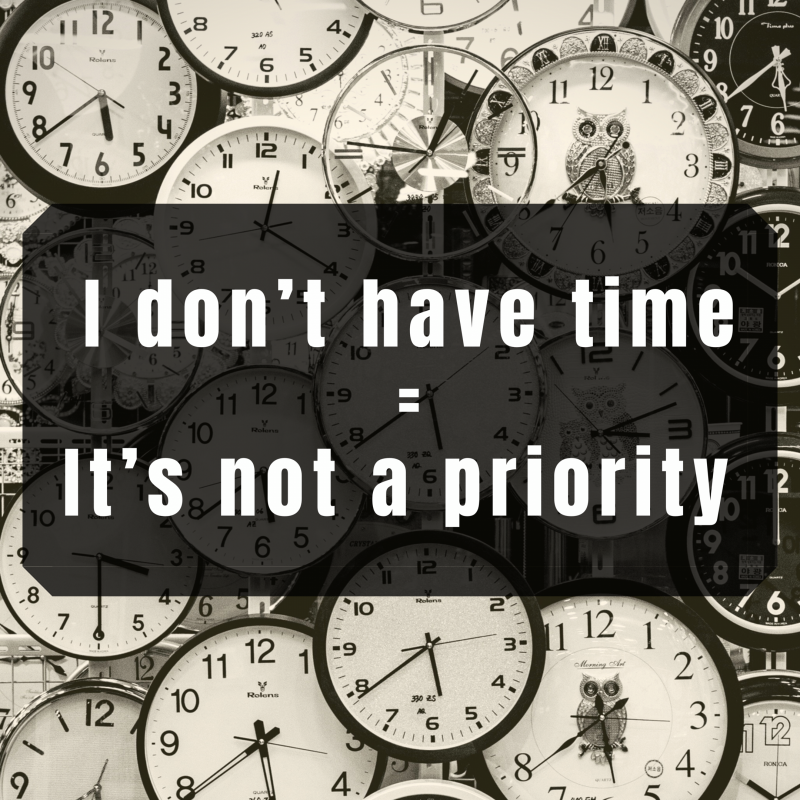#onetalkontask: an honest report on Thuna's time management experiment
For the campaign I chose the “How to gain control of your free time” by Laura Vanderkam for all the obvious reasons you can think of:
- I ain’t got time to bleed
- Netflix is my best friend and
- my hobby of choice is sleeping.
So you see, the struggle was real. Laura Vanderkam argues that we don’t build the lives we want by saving time. We build the lives we want, and then time saves itself. By thinking the availability of time as one’s own priorities, it should be fairly easy to live exactly the life we want (because you know, time saves itself she said). Translated to my particular case, I wanted to spend more time with my friends, my better half, meet all deadlines, reading tons of books and still watch my beloved TV-Shows. (Honestly, that sounds already quite utopian, doesn’t it?)
Anyway, I took Laura’s advice and for 3 weeks, from the 7th of June onwards, every Friday at 4pm I would sit on my desk and plan my next 7 days – always according to her idea and equation:
I don’t have time = It’s not my priority
I structured my todoist-app around three themes, namely personal, career and relationships – just like Laura suggested – and would plan time slots for each category in my calendar.

Surprisingly it took me an hour each week to set my goals. (Is that supposed to be like that or am I particularly slow?) One thing I did not really learn though (and what I hoped to learn) is how to not procrastinate – but I guess, this is my next year’s #onetalkonetask talk then.
Happy time controlling, guys!
Hugs, Thuna – Curation.



